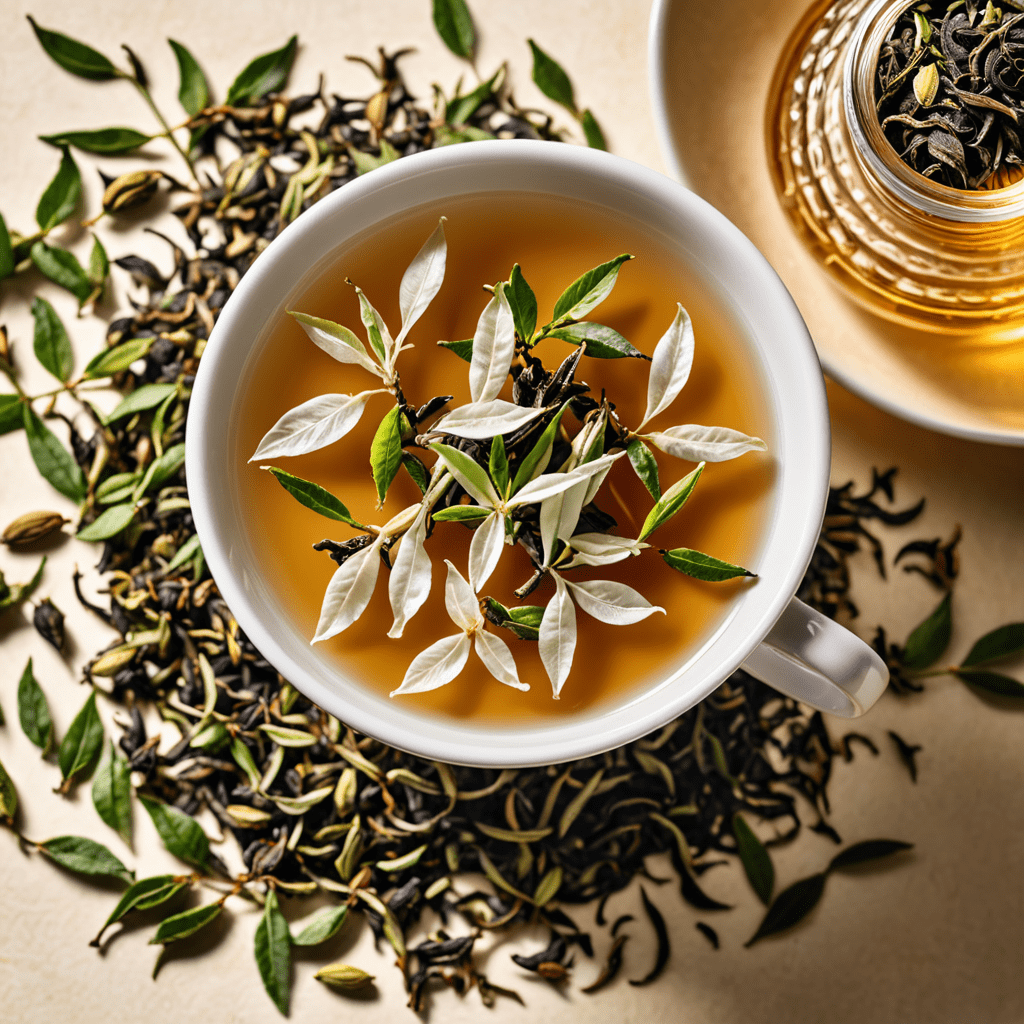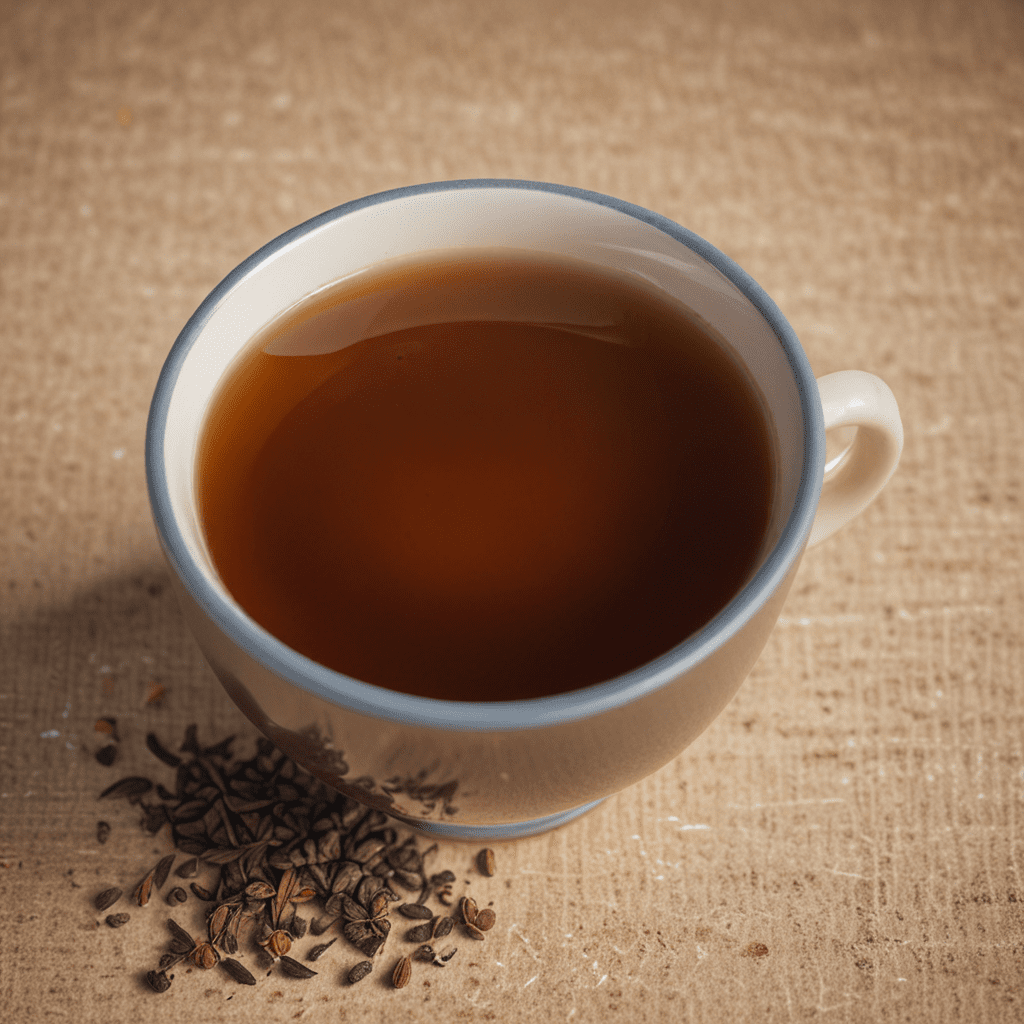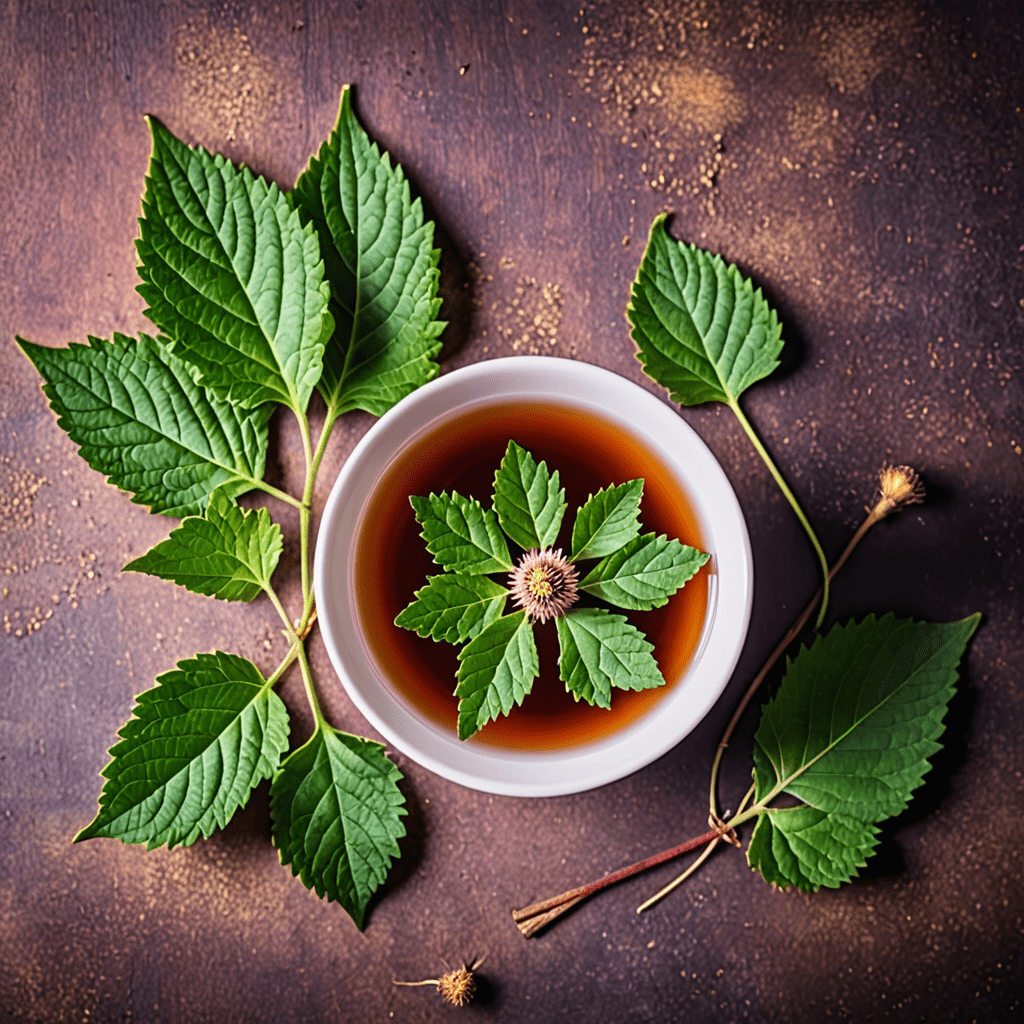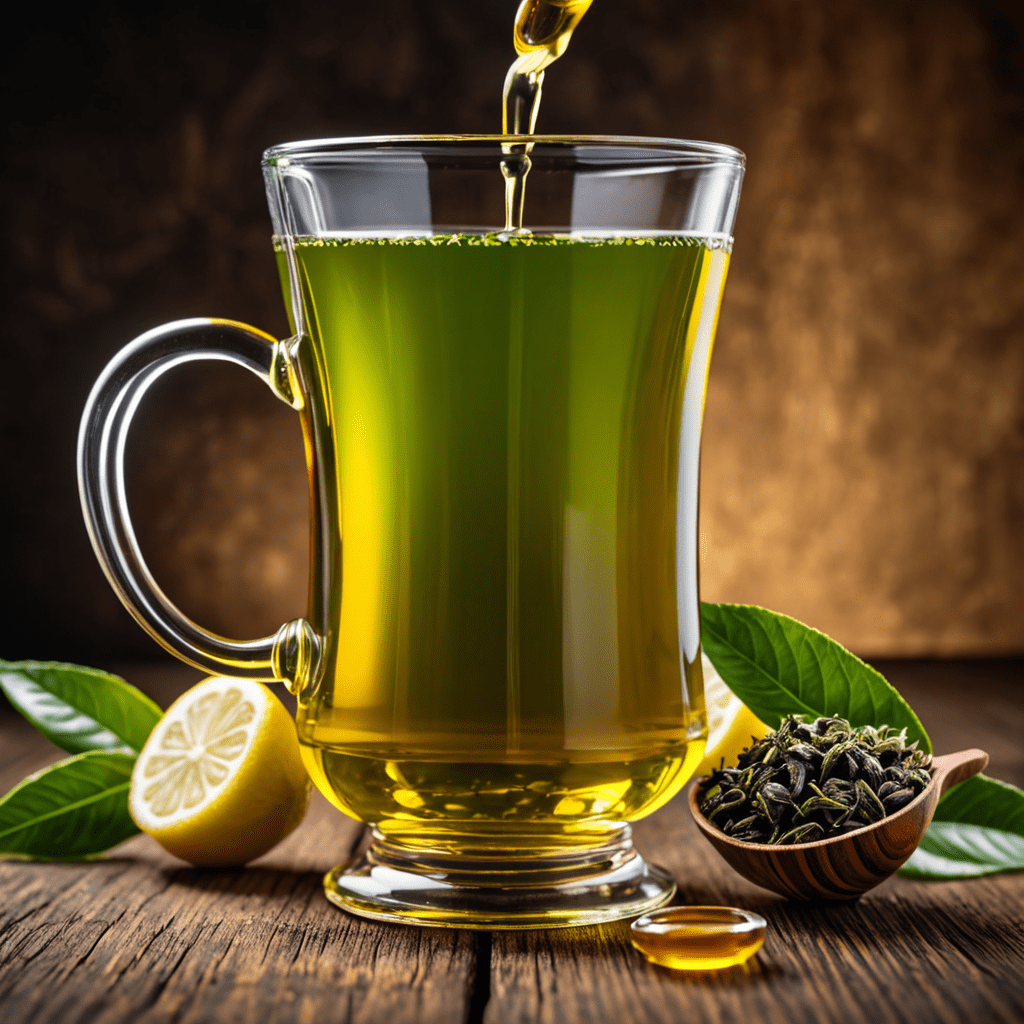White Tea: The Essence of Tea Moments
Exploring the Delicate Elegance of White Tea
White tea, known for its delicate flavor and pale color, is a type of tea made from young and minimally processed tea leaves. Its subtle taste and light aroma have captivated tea enthusiasts around the world. Let’s delve into the essence of white tea and uncover what makes it so special.
The Creation of White Tea: A Gentle Process
White tea is crafted through a gentle process that involves withering and drying the tea leaves, allowing them to maintain their natural freshness. This minimal processing preserves the delicate flavors and subtle complexities of the tea, offering a pure and authentic tea-drinking experience.
Health Benefits of White Tea: Wellness in a Cup
Beyond its exquisite taste, white tea is also celebrated for its numerous health benefits. Packed with antioxidants and nutrients, white tea is believed to promote heart health, boost the immune system, and improve skin health. With each sip, you not only savor the flavor but also nourish your body.
White Tea Varieties: From Silver Needle to Bai Mu Dan
White tea comes in various varieties, each offering a unique taste profile and aroma. Whether indulging in the delicate sweetness of Silver Needle or the fruity notes of Bai Mu Dan, there is a white tea variety to suit every palate. Explore the diverse world of white tea to find your perfect cup.
Best Brewing Practices: Unveiling the True Essence
To fully appreciate the essence of white tea, it is essential to master the art of brewing. From water temperature to steeping time, every detail influences the taste of your tea. By following best brewing practices, you can unlock the true flavors and aromas of white tea, creating unforgettable tea moments.
Pairing White Tea with Food: A Culinary Journey
White tea’s subtle flavors make it a versatile beverage that pairs beautifully with a wide range of foods. From light salads to delicate desserts, white tea enhances the dining experience, cleansing the palate and elevating the flavors of the meal. Discover the art of pairing white tea with food for a culinary journey like no other.
White Tea Rituals: Embracing Tranquility and Serenity
In many cultures, white tea is more than just a beverage; it is a symbol of tranquility and serenity. Embrace the art of tea rituals, whether it’s a moment of quiet reflection in the morning or a soothing evening ritual to unwind. Let the essence of white tea transport you to a place of peace and mindfulness.
In conclusion, white tea captures the essence of tea moments, offering a sensory journey that delights the palate and nourishes the soul. Embrace the elegance of white tea and savor each sip as a moment of tranquility and serenity in a busy world.
FAQs About White Tea
What is white tea?
White tea is a delicate tea made from young leaves and buds of the Camellia sinensis plant. It undergoes minimal processing, allowing it to retain its natural antioxidants and subtle flavors.
How is white tea different from other types?
White tea is unique due to its minimal processing, which gives it a light color and subtle taste. Unlike green or black tea, white tea is not oxidized, preserving its delicate flavors and subtle aroma.
What are the health benefits of white tea?
White tea is rich in antioxidants, which may help boost the immune system, promote skin health, and reduce the risk of chronic diseases. It also contains catechins that can aid in weight loss and improve heart health.
How should white tea be brewed?
To brew white tea, use water that is around 175°F (80°C) and steep the leaves for 1-3 minutes. Avoid using boiling water, as it can scald the delicate leaves. Experiment with steeping times to find the perfect balance for your taste preferences.
Is white tea caffeine-free?
White tea contains some caffeine, but in lower amounts compared to black or green tea. If you are looking for a tea with minimal caffeine content, white tea is a great option to consider.



